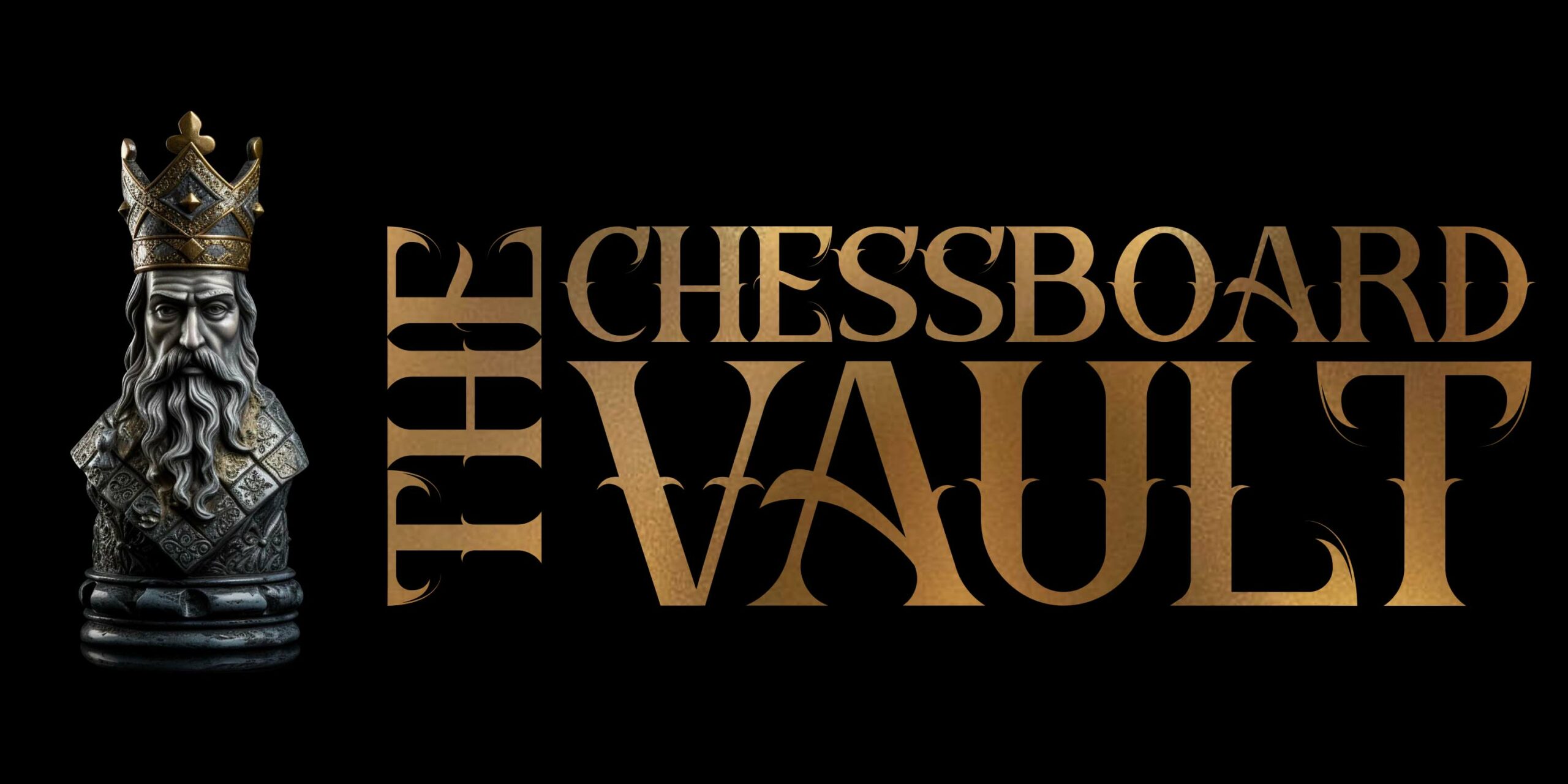Throughout the annals of history, the 64-square battleground of the chessboard has witnessed numerous prodigies, grandmasters, and strategic masterminds vying for dominance. Chess, a game of limitless depth and complexity, challenges not just the tactical acumen of players, but their mental endurance, foresight, and creativity. The best chess players are not just masters of the game; they are artists, innovators, and philosophers in their own right, reshaping our understanding of strategy with each move. What are the best chess players of all time?
From ancient times, when the game was still finding its form in India as ‘Chaturanga’, to its modern-day avatar, there have been players who have left an indelible mark on the chess world. These maestros, transcending borders and eras, have exhibited play that is nothing short of mesmerizing. Their board maneuvers offer us a symphony of calculated risks, intuitive leaps, and breathtaking sacrifices.
Imagine the unwavering focus of José Capablanca, whose intuitive playstyle and endgame prowess earned him the moniker “The Human Chess Machine.” Or the tactical genius of Garry Kasparov, who reigned supreme for more than two decades, testing the boundaries of competitive spirit and analytical depth. And who can forget the meteoric rise of Magnus Carlsen, a prodigy turned world champion, whose youthful energy brought a fresh wave of excitement to the game?
Yet, determining the “best” in a game as ancient and profound as chess is no simple task. Different eras posed different challenges and pitted players against not just their contemporaries but against evolving understandings of the game itself. So, as we delve deeper into the lives and legacies of these legendary players, let’s celebrate their unique contributions rather than rank them. For in the world of chess, every grandmaster has had their moment of magic, illuminating the board with their brilliance. Welcome to a journey through time, exploring the luminous tales of the greatest chess players the world has ever known.
Garry Kasparov
Garry Kasparov is undeniably one of the most celebrated figures in the history of chess. Born in 1963 in Baku, Azerbaijan, he exhibited prodigious talent at a young age and quickly ascended the ranks of the chess world. His intense competitiveness, deep understanding of the game, and innovative strategies distinguished him from other players of his era. Kasparov’s matches against Anatoly Karpov in the 1980s and 1990s are the stuff of legend, capturing the world’s attention and symbolizing the pinnacle of chess competition.
In 1985, at the age of 22, Kasparov became the youngest undisputed World Chess Champion by defeating Karpov. He held this title for 15 years, setting a benchmark for excellence in the sport. Not only was he recognized for his prowess over the board, but Kasparov also transformed how chess players prepared for matches. He was among the first to integrate computers and databases into his preparation, paving the way for a new era of chess study and analysis.
Beyond the 64 squares, Kasparov’s impact has been felt in the realm of politics and human rights. He became a vocal critic of the Russian government’s policies and even attempted to run for the presidency of Russia. As an author, his books on chess, strategy, and artificial intelligence have received critical acclaim.
In recent years, Kasparov’s match against IBM’s Deep Blue in 1997 stands out as a seminal moment in the intersection of technology and human cognition. Although he initially defeated the machine in 1996, a year later, Deep Blue emerged victorious, marking the first time a reigning world champion had been defeated by a computer in standard tournament play. This event spurred discussions about the potential and limitations of artificial intelligence. Through all these endeavors, Kasparov remains a testament to the power of dedication, strategic thinking, and the human spirit. One of the best chess players of all time!
Magnus Carlsen
Magnus Carlsen, born in 1990 in Tønsberg, Norway, has firmly established himself as one of the most dominant chess players in history. His innate understanding of the game, coupled with an intuitive style that often baffles opponents, has made him a force to be reckoned with on the chessboard. From an early age, Carlsen’s prodigious talent was evident. His rise in the chess world was meteoric; he achieved the grandmaster title at the age of 13, making him one of the youngest ever to do so.
Carlsen’s approach to the game is characterized by a deep understanding of positions, a willingness to play lesser-known openings to get a fresh position, and a relentless will to win, even from seemingly dry or equal positions. This tenacity has led him to numerous tournament victories, displaying versatility in various formats of the game.
In 2013, at the age of 22, Carlsen ascended to the World Chess Championship title by defeating Viswanathan Anand, an achievement he has successfully defended multiple times since. His dominance is further solidified by his rating achievements; he broke Garry Kasparov’s record to become the highest-rated player in history.
Off the board, Carlsen’s impact on the chess world has been profound. He introduced and popularized online platforms like Play Magnus and the Chess24 website, making the game more accessible to enthusiasts worldwide. His charismatic demeanor, combined with his undeniable skill, has brought chess into mainstream media, drawing attention from audiences who previously had limited exposure to the game.
In essence, Magnus Carlsen’s contributions to chess are manifold. As a player, he blends profound positional understanding with sharp tactical acumen. As an ambassador for the game, he has played a pivotal role in popularizing chess in the 21st century, cementing his legacy as one of the greats.
Bobby Fischer
Bobby Fischer, born in 1943 in Chicago, remains one of the most enigmatic and iconic figures in the world of chess. From the early stages of his life, Fischer’s exceptional talent was evident. As a teenager, he was already competing at the highest levels, and by the age of 15, he had become the youngest grandmaster and candidate for the World Championship—a record at that time.
Fischer’s approach to chess was characterized by an intense focus on the game, rigorous preparation, and an unwavering desire to win. His deep understanding of openings, middle games, and endgames, combined with his innate ability to conjure tactical resources, set him apart from his contemporaries. Many of Fischer’s games have been immortalized in the annals of chess history, showcasing his brilliance and creativity over the board.
The pinnacle of Fischer’s career came in 1972 when he challenged Boris Spassky for the World Chess Championship in a match that transcended chess itself. Dubbed as the “Match of the Century,” it symbolized the Cold War tension between the United States and the Soviet Union. Fischer’s victory was not just a personal accomplishment; it was seen as a national triumph, breaking the Soviet stranglehold on the World Chess Championship.
Despite his unparalleled achievements, Fischer’s life outside the chessboard was filled with controversy. He was known for making stringent demands during tournaments and often clashed with chess officials. After his 1972 victory, Fischer largely withdrew from competitive chess, making only sporadic appearances in the public eye. He passed away in 2008 in Iceland, the very country that hosted his famous match against Spassky.
Bobby Fischer’s legacy is multifaceted. While his genius over the chessboard is universally acknowledged, his complex personality continues to be a subject of discussion and analysis. His impact on the chess world is undeniable, forever elevating the game’s stature and inspiring future generations. One of the best chess players of all time!
Jose Raul Capablanca
Jose Raul Capablanca, born in 1888 in Havana, Cuba, stands as one of the most naturally gifted chess players in the annals of the game. Often referred to as the “Mozart of Chess,” Capablanca’s style was characterized by its simplicity, clarity, and seemingly effortless mastery over the board. His rise in the chess world was both rapid and impressive, and stories of his prodigious talent as a young boy, defeating experienced players without any formal training, became legendary.
Capablanca’s approach to the game was rooted in a deep understanding of positional play. He excelled at the endgame, often simplifying complex middlegame positions into endgame scenarios where he held a slight edge, which he would then convert with impeccable technique. This made him an incredibly tough opponent, as he seemed to extract victories from seemingly innocuous positions.
In 1921, Capablanca achieved the pinnacle of the chess world by winning the World Chess Championship against Emanuel Lasker, a title he would hold until 1927. During his reign, he was nearly invincible, demonstrating dominance against some of the best minds of his era. Beyond his competitive successes, he was also a visionary, proposing changes to the game to ensure its longevity. This included advocating for the introduction of a new chess variant on a larger board with two additional pieces, to combat what he perceived as the impending “draw death” of classical chess.
Sadly, Capablanca’s tenure as World Champion ended in 1927 when he was defeated by Alexander Alekhine. Despite this loss, his influence on the game remained undiminished. He continued to contribute to chess theory, authoring several seminal works that have guided generations of players.
Jose Raul Capablanca’s legacy in chess is enduring. His games, marked by their elegance and logic, serve as a masterclass in the art of the game, inspiring countless enthusiasts and grandmasters alike. His contributions, both on and off the board, have solidified his place as one of the all-time greats.
Alexander Alekhine
Alexander Alekhine, born in 1892 in Moscow, Russia, was not only a chess grandmaster but also one of the most dynamic and creative champions the game has ever seen. With a fierce attacking style, characterized by deep calculations and unexpected tactics, Alekhine introduced a new level of complexity and artistry to the game.
From his youth, Alekhine showcased an obsessive passion for chess. He made swift progress in the Russian chess scene, and by the time he was in his twenties, he was recognized as one of the strongest players in the world. What set Alekhine apart from many of his contemporaries was his meticulous preparation and his unparalleled ability to see multiple moves ahead, diving deep into intricate combinations that often left his opponents bewildered.
In 1927, Alekhine reached the pinnacle of his career by defeating Jose Raul Capablanca, then the reigning World Chess Champion. This victory was significant, not only because Capablanca was considered nearly invincible, but also because Alekhine was the first player to win the title by directly challenging the reigning champion. He would go on to hold the title, with the exception of a brief period, until his passing in 1946.
Beyond his playing career, Alekhine made substantial contributions to chess literature. He was a prolific writer, producing game annotations, articles, and books that offered deep insights into his strategic and tactical thought processes. His analyses remain relevant, providing invaluable lessons for players seeking to elevate their game.
However, Alekhine was not without controversy. His life outside the chessboard was filled with challenges, including struggles with alcoholism and accusations of anti-Semitism. Nevertheless, his impact on the game remains undeniable. Alexander Alekhine’s legacy is that of a genius who transformed the art of chess, pushing the boundaries of what was thought possible on the 64 squares.

